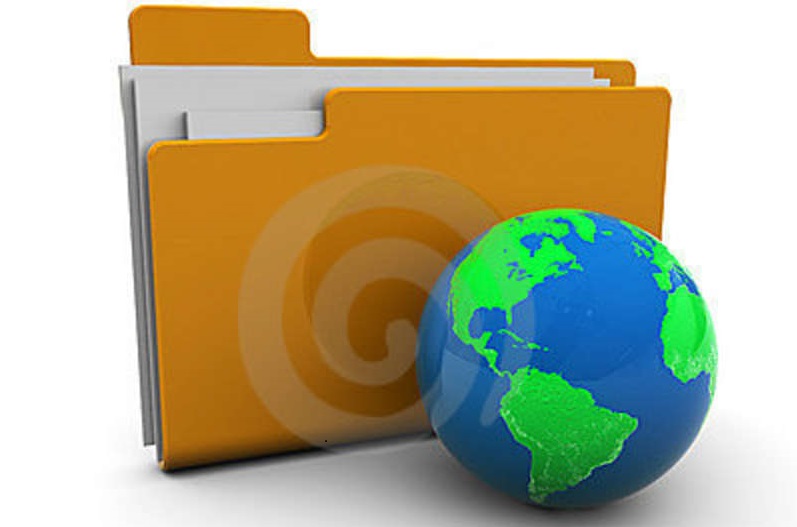I know I’m pretty late to the party, but I just had a transformative experience with binary formats – those things that are at the end of your documents. .doc, .xls, .pdf, etc. I sent someone a file in Word 2013 format. Ofcourse they did not have support for that (blasted Mac!). I sent it as an earlier Word format. Somehow, the recipient got stuck again. Finally I uploaded it to Skydrive and sent it as a web document. Because it would render in the browser, I wad more confident about this than the previous attempts.
And here’s what I realized. The 3 main verbs, i.e. things people do, with documents are ‘new’, ‘open’ and ‘share’. In the world pre Google docs, these key verbs were heavily dependent on the binary format – if you controlled that you had a pretty good competitive hedge on the market. And Microsoft controlled it and it ensured the hegemony of Microsoft Office. With the web, ‘share’ no longer depends on the binary format. And to the extent that people use web docs vs. share files over email, ‘open’ is also liberated from the specific binary format. This leaves ‘new’, which will also surely become more full featured on the web, even though its kind of iffy today.
And this is why Microsoft needs to fight to dominate the premier experience for web creation and sharing of documents. As far as winning the future of document productivity, the binary file is effectively dead. Whoever creates the best experience for those verbs online, while attracting the right audience has the potential* to win that market. As browsers become more capable, the opportunity for disruption will only increase.
*still won’t be easy, Microsoft Office has network effects that will take a lot of innovation to unwind. But there is probably no better time to try or think of trying.

